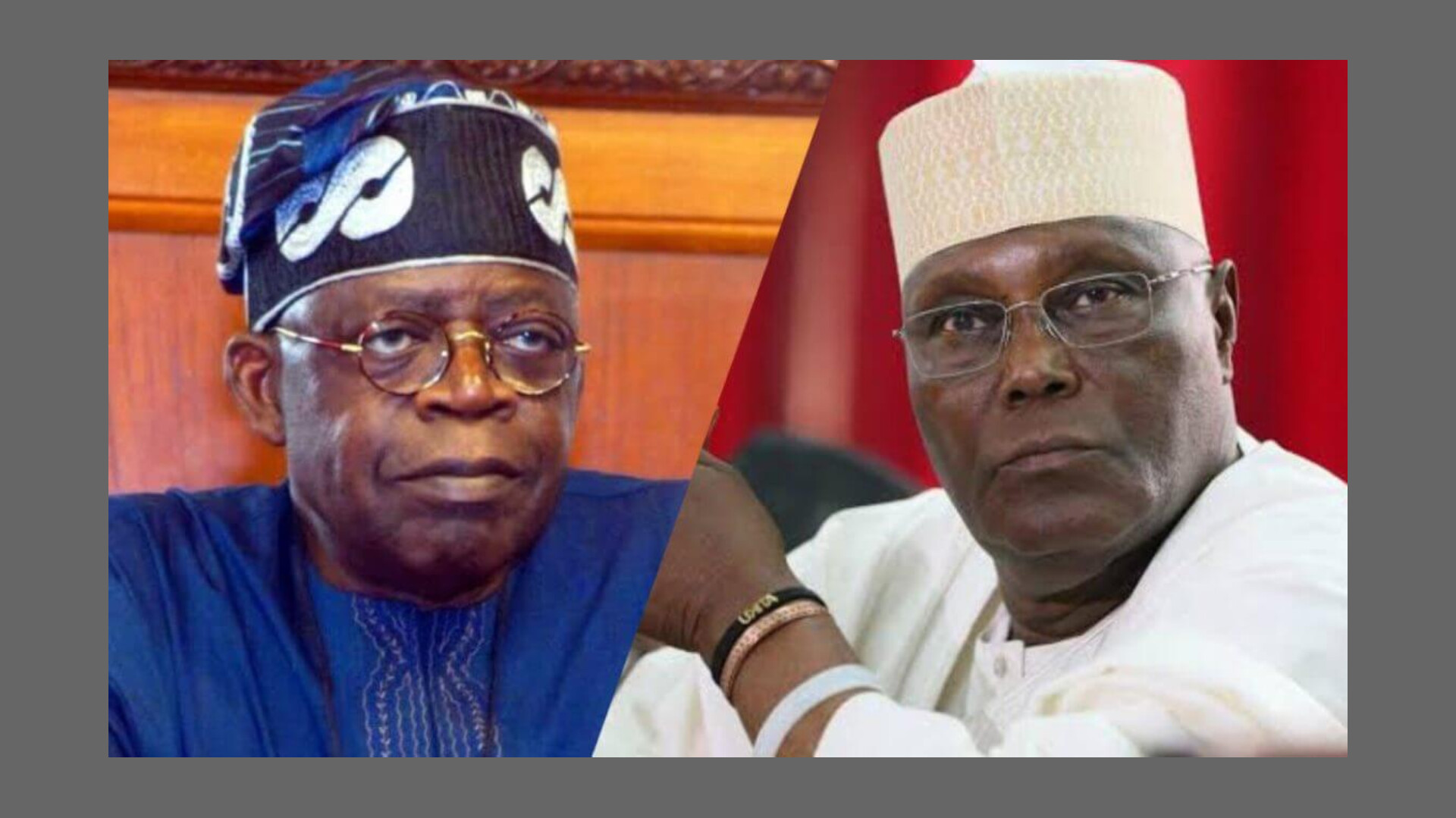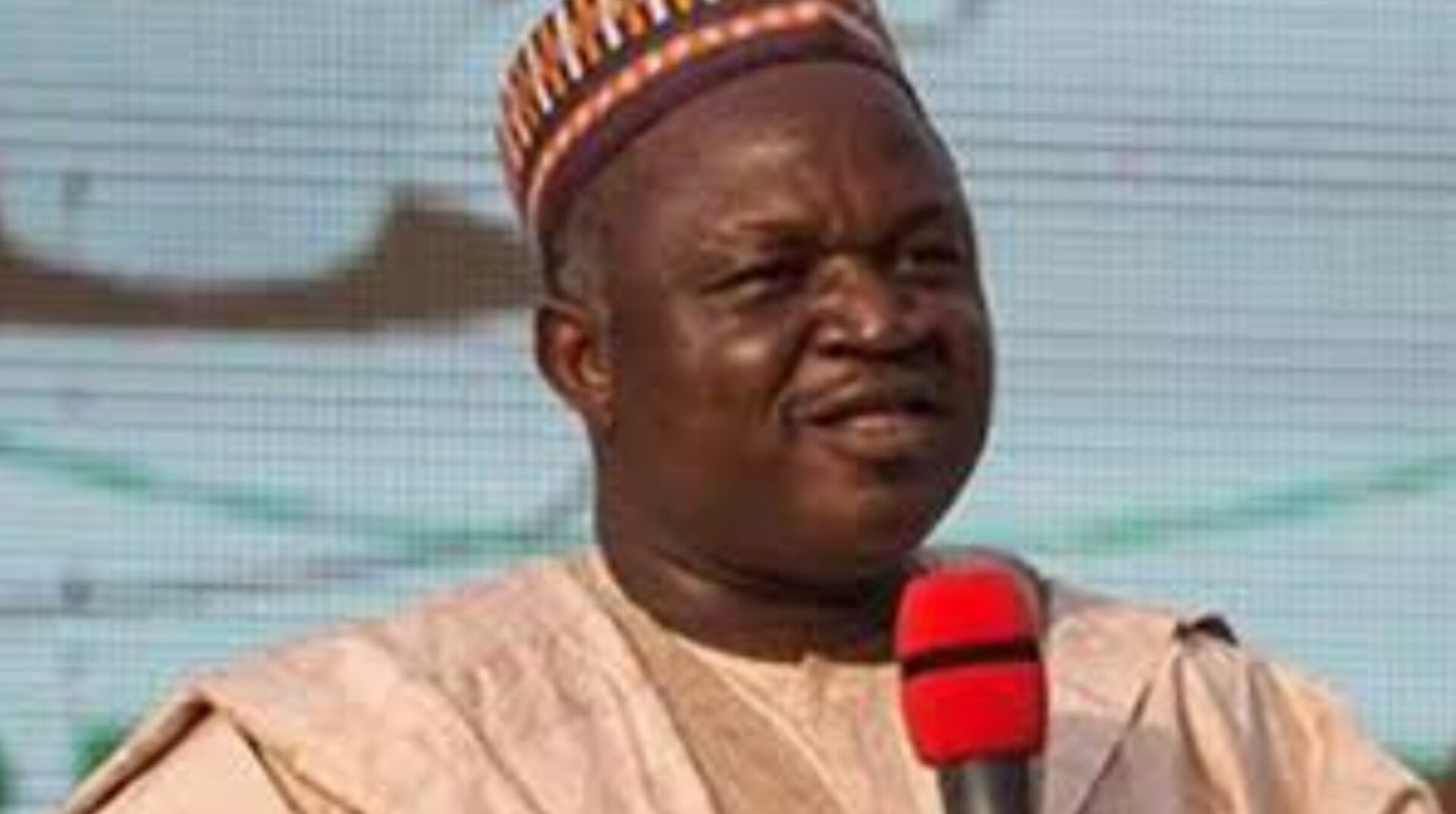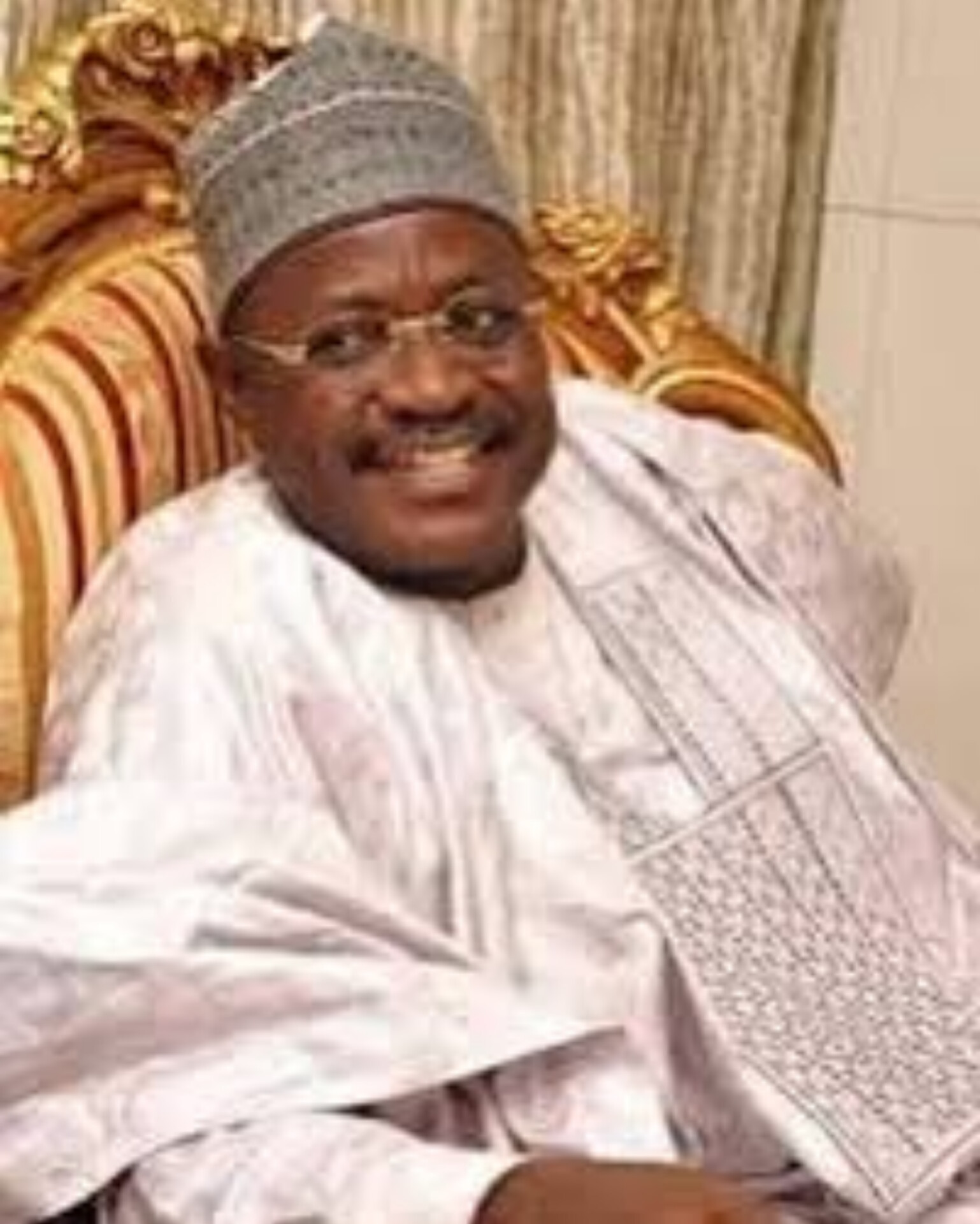The Nigerian security agencies have come under serious bashing for being unable to track the genuineness of President Bola Tinubu’s certificate over time.
Former Aviation Minister, Osita Chidoka, came so hard on them on Sunday following the order by Justice Nancy Maldonado for the Chicago State University to release all of Tinubu’s academic records to Atiku.
According to him, it is a national embarrassment to take the matter of such gravity for proof in the United States even when Tinubu had been given a clean slate by Nigeria’s intelligence agencies and the Independent National Electoral Commission to run for president.
The former aviation minister made his opinion known in a statement on Sunday.
According to him, “That it took the courageous activism of Abubakar Atiku to force the discovery of information concerning the President of Nigeria is a disgrace to our national institutions.

“As a nation, we have a full retinue of staff at the Department of the State Security, the National Intelligence Agency, the Independent National Electoral Commission, the Embassy of Nigeria with the full complement of staff in Washington DC and the Nigerian Judiciary that have variously ruled on matters concerning President Tinubu’s academic qualifications.
“Yet, we cannot have a definitive conclusion about whether he has the academic qualifications he claimed he had or not. Disgraceful.
“That all the aforementioned institutions allowed a man to be sworn in without definitive statements about his qualifications is a national tragedy.
“For 23 years, the issue of President Tinubu has been a recurring decimal in our national equation. Under his reign, a current youth corps member is serving as Minister, and people under investigation by EFCC and made public are sitting in the Federal Executive Council. And they all passed through security screening.”
He described the office of President of Nigeria as “important both in its moral authority and its strategic importance to our national security and safety that nobody who has possible blind spots that can make him or her a potential asset for foreign intelligence or governments should be allowed a mile near that office.”
According to him, “This should be a primary burden on all our national institutions. Legal technicalities and silence by state institutions should be deemed high treason.”
He made a case for a constitutional amendment to finish all electoral cases before the assumption of office, adding that, “The current disgraceful proceedings against a Nigerian President in a foreign court under election petition matters are damaging to our collective moral and legal standing as a people.
“If it turns out tomorrow that our President presented a forged certificate to INEC, Nigerians will bow down their heads globally in shame. On the other hand, if it turns out that his certificate is genuine, again our reputation as a people is still in tatters because of the failure of national institutions to perform due diligence no matter who is involved.”
He stated that the image of Tinubu would be tarnished if it was found that he forged his certificate. Quoting him, “A forged certificate finding leaves President Tinubu in a vulnerable position morally and legally. As he did not present primary and secondary certificates to INEC, a forged CSU certificate makes him unqualified to stand for the office of President as he does not possess the minimum qualification S.131(D) of the 1999 Constitution as amended. Of course, the next issue is the case of perjury, the presentation of false documents under oath.”
Chidoka berated INEC, adding, “How INEC accepted a university degree without the qualifying certificates would continue to be a national mystery.
“The decision of the District Court and the whole proceedings is not a moment of triumphalism but a sober moment of introspection. It is a moment when as a nation we ask ourselves: what are our national values? Who or which institution should have ordered the full investigation of the questionable certificate?
“Considering that he did not present a primary or secondary certificate, should our courts be concerned with the technicality of the tendering process of the CSU certificate or the disgrace and global moral damage a forged certificate would wrought on Nigeria?”





The politicians in Nigeria no longer obey any law or take information provided on the way forward serious. The politicians are creating problems for everybody…and I am sure that include their politicizing of security reports